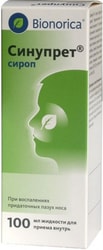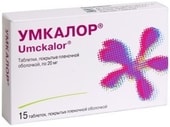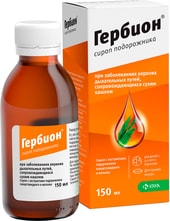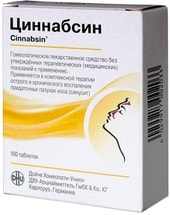Title: Meadowsweet Herb (Filipendula ulmaria) - 150g
Enhanced Text (English):
Meadowsweet (Filipendula ulmaria), also known as Queen of the Meadow, is a remarkable herb with a rich history of medicinal use dating back over four centuries. Its traditional applications are extensive and supported by its potent chemical composition, rich in flavonoids, phenolic compounds, tannins, acids, catechins, and essential oils. Initially revered by Celtic druids and mentioned in Cypriot legends, meadowsweet earned the nickname "thirty-disease cure" for its diverse therapeutic properties.
Traditional and Modern Uses:
- Anti-inflammatory and analgesic properties: It's traditionally used to alleviate pain and inflammation associated with rheumatism, gout, arthritis, and other inflammatory conditions. Its anti-inflammatory actions extend to digestive issues, such as gastritis and ulcers.
- Wound healing: Meadowsweet promotes tissue regeneration, making it effective for treating wounds, burns, and trophic ulcers. It also possesses antiseptic properties useful for managing infected wounds.
- Cardiovascular support: Meadowsweet may help improve circulation, particularly in the brain, and potentially lower blood pressure. It also contributes to blood thinning and may help prevent thrombus formation, making it suitable for those with atherosclerosis.
- Skin health: Its anti-inflammatory and antiseptic qualities are beneficial for skin conditions like eczema, dermatitis, stomatitis, gingivitis, and periodontitis. Topical applications such as compresses and washes are common.
- Respiratory support: Meadowsweet tea may help soothe respiratory ailments like bronchitis and pneumonia.
- Digestive health: Traditionally used to alleviate stomach pain and improve digestive function, supporting healthy bowel movements.
- Urinary tract health: Its diuretic properties can be beneficial for those experiencing urinary tract infections or bladder problems.
- Immune support: Rich in antioxidants, meadowsweet contributes to overall immune function.
Preparation and Usage:
- Infusion (tea): Ideal for internal use, targeting inflammation, digestive issues, and urinary tract problems.
- Tincture: A potent alcohol-based extract, suitable for topical application to wounds, burns, and skin conditions or internal use.
- Poultice: Made from crushed flowers, applied topically to soothe skin irritations.
Specific Preparations (Examples):
- Infusion for Rheumatism & Gout: Steep 2g of dried herb in 250ml of cold boiled water for 8 hours in a thermos, strain, and consume 50ml four times daily before meals.
- Infusion for Hemostasis: Steep 5g of dried herb in 200ml of water for 2-3 hours, strain, and consume 50ml two to three times daily.
- Decoction for Hepatitis: Boil 5g of dried herb in 200ml of water for 3-4 minutes, steep for 2 hours, strain, and take 15-30ml three times daily before meals.
- Infusion for Diabetes & Hypertension: Steep 5g of dried herb in 400ml of boiling water in a bain-marie for 15 minutes, steep for 1 hour, strain, and consume 30ml three times daily an hour before meals. (1-month course recommended.)
- Tincture (for external use): Macerate 200g of dried herb in 1 liter of 20% alcohol for 2 weeks, shaking occasionally, then strain.
Contraindications:
Individual intolerance. Consult a healthcare professional before using meadowsweet, especially if pregnant, breastfeeding, or taking other medications. A minimum course of 5 packages is recommended for optimal results.
Note:
This information is for educational purposes only and does not constitute medical advice. Always consult with a qualified healthcare professional before starting any new herbal remedy, particularly if you have pre-existing health conditions or are taking medications.





